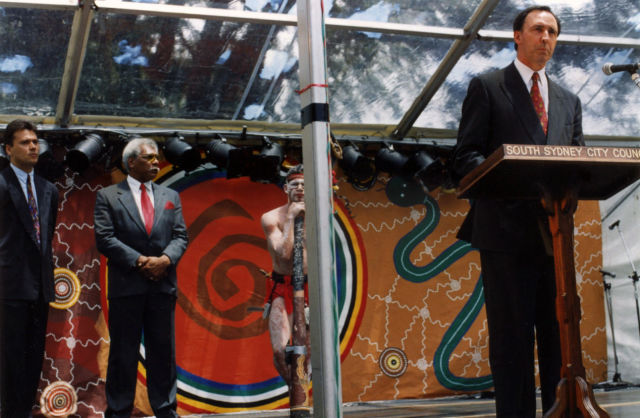|
Issue 3, Volume 17 CAMERON MOIR After reading your opinion piece, I felt an urge to respond. And I felt that urge because I can, to a degree, empathise with the skepticism you’ve expressed. I grew up in a small town in the country, in a relatively comfortable middle class family, and that brought with it certain assumptions and ways of thinking that made me skeptical about the things you have labelled as ‘woke’. I wanted to write a response from the perspective of a convert. I’m certainly left wing by inclination in any case, so I didn’t put up much resistance to conversion, but I still had to go through a conscious thought process to arrive at my current position. So, below I have given what is, by my own admission, an imperfect response to some of your contentions, as well as a short meditation on how my opinions came to form as they did. When you discussed IWD, you referred to the hurdles faced by women as historic, and you pointed to the gender balance in university graduation rates as evidence to support your position that the situation has changed. Certainly, it has; women have greater opportunities to determine the course of their own life than they did a century ago. But that observation alone ignores the fact that many women endure ongoing objectification through violence, sexualisation at a young age, exploitation at the hands of men in positions of power, and being told what to do with their bodies –– having something as personal as reproductive choice seized from them.
The reason for the reaction to IMD is that it effectively serves as a slap in the face: it fails to recognise what women are talking about. The suffering of some men is real, and I don’t think anyone is going out of their way to ignore it; but IMD symbolically says that the position of men is in its way equivalent to what women are going through, rather than recognising that women face challenges that are institutionalised and degrading to their humanity. That is, it’s a lack of recognition of, and tacit belittlement of, what women are struggling against. I’ll move onto your discussion of the Acknowledgement of Country. Acknowledgement is a recognition of the ongoing relationship of the Aboriginal people of Australia to the land we’re on. As was established in Mabo, the common law recognises the relationship of Aboriginal people with the land as continuing to survive, in one way or another, even after an invasion. Acknowledgement, even if there are no people of Aboriginal heritage present, serves as a show of basic respect and recognition for that ongoing relationship, and is a reminder of the history of the land we’re on, and what has happened for us to get where we are. It’s not an empty gesture, and it’s not virtue signaling. On your suggestion that Acknowledgement “[elevates] one race,” I find this claim to be your most objectionable, and, frankly, stupid. I’ve resisted devolving into ad hominem attacks so far, because I want to engage with you in good faith. But the idea that anyone is going about this with the intention of elevating Aboriginal people to some sort of superior status, or that any person who can claim to be rational would interpret it that way, beggars belief. Aboriginal Australians have a unique historical and political status by virtue of their relationship to the land we’re on. Their status because of that relationship is, relative to everyone else, anomalous. To recognise that unique status and accord it with some basic level of respect is not to elevate it to some form of superiority, and I think to go out of your way to interpret it in such a manner is to act in bad faith. I want to wrap up my response by reiterating that I have stood in your shoes. I have felt skepticism. I was not, initially, totally onboard or wholly enthusiastic with either of the issues you discussed. But what changed my mind (and this is where I make the shocking reveal of my political persuasions) was considering a line from Paul Keating’s Redfern Speech: “With some noble exceptions, we failed to make the most basic human response and enter into their hearts and minds. We failed to ask - how would I feel if this were done to me?” Empathy is what is needed to understand the reactions of those you disagree with, and I came to my current positions after considering the hurt, the degradation and the humiliation that motivate the causes you have described derisively as ‘woke’. Cameron is a second-year JD student. Comments are closed.
|
Archives
October 2022
|



